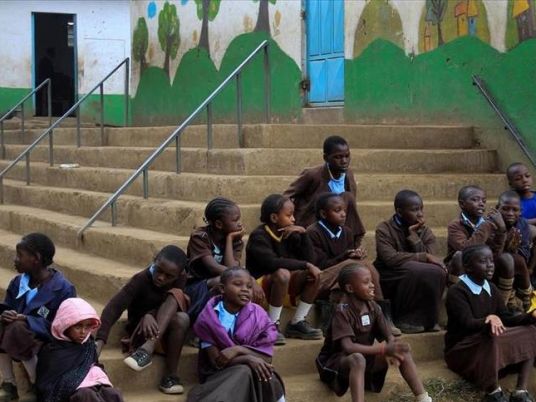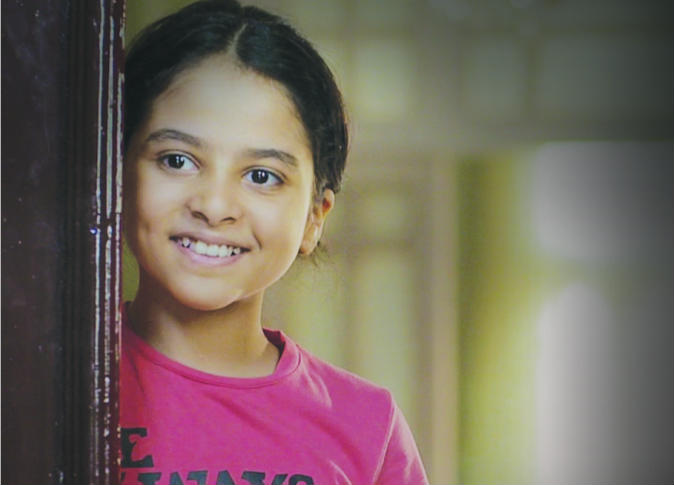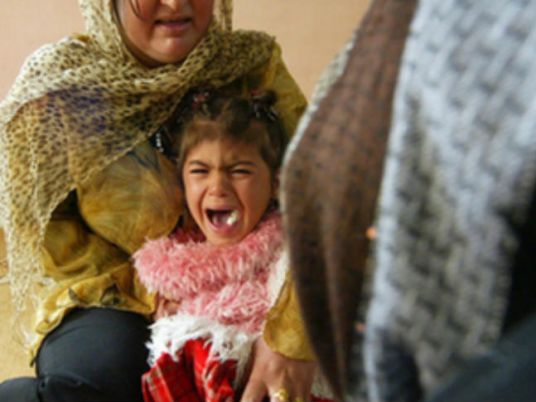
Schools in Kenya have closed paving the way for the December holiday season with many people celebrating that the year has come to a close.
In Kenya’s Elgeyo Marakwet located in the Rift Valley province, which borders Uganda, the December holidays represent something more sinister for certain women.
“We have seen the star, it is time,” 68-year-old Philemon Kipkoech told Anadolu Agency.
What Kipkoech is referring to is “female cut season” as it is known in Elgeyo Marakwet.
“We only practice female circumcision after we see the star which shines brightly from the South," Kipkoech explained. "This has been our customs long before I was even born, my late mother practiced this and so did my grandparents and those before them.”
The Elgeyo and the Marakwet are among the few tribes in Africa that practice female genital mutilation even after being educated on the dangers of the act, which include severe bleeding, infertility and childbirth complications.
“If we don’t do it then we will be cursed, a calamity might befall us," said Kipkoech. "We as the elderly must ensure that our children are circumcised as per our traditions. If not, then we will be punished by God."
"But this is even worse for a woman who has not been circumcised, she added. For them, the punishment from God is even worse,” he said.
“If you are not circumcised you will not participate in any community ceremonies. You may not be involved in any initiation ceremonies too including that of your sons and daughters. We do this as the curse might spread from the mother to the children,” he added.
The Elgeyo Marakwet county government has passed anti-Female Genital Mutilation (FGM) laws, but it has evidently failed to impact certain areas, in which the practice takes place in broad daylight. Most cases go unreported.
Over the past week, more than 400 girls from the town of Kisii and the Elgeyo Marakwet region have been rescued from female circumcision by the Vinbel Foundation – an aid group – and taken into camps so as to protect them from the outlawed practice.
“Most of the girls that we have at the camps are aged between 5-15," Isabella Ongera, Vinbel Foundation director, told Anadolu Agency. "We are taking them in to protect them and teach them about the dangers of female genital mutilation. We will allow them to go back home once the female cut season has ended.”
Kipkoech said that many of those who carry out the procedure were traditional doctors,” but nowadays, there are educated doctors who do this."
"It doesn’t matter whether it is done in the hospital or at home; all that matters is that you are circumcised to avoid any bad omen,” he said
Authorities in Kenya say that as of December 1, an estimated 1,000 girls have undergone female circumcision.
On Saturday the director of medical services in the Ministry of Health, Nicholas Muraguri cautioned health workers, especially in Marakwet counties, against aiding female genital mutilation or using the premises of a health facility to perform it.
“Any health worker found to have participated in the FGM exercise will not only be subjected to legal action but also de-registered by their respective regulatory bodies,” Muraguri said.
He added that the Ministry of Health had received numerous complaints that health workers were participating in female circumcision in Kisii, Marakwet and Elgeyo.




